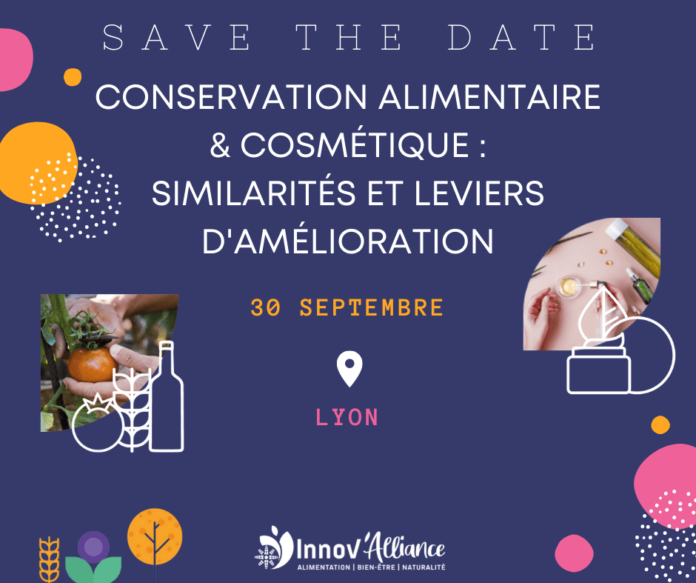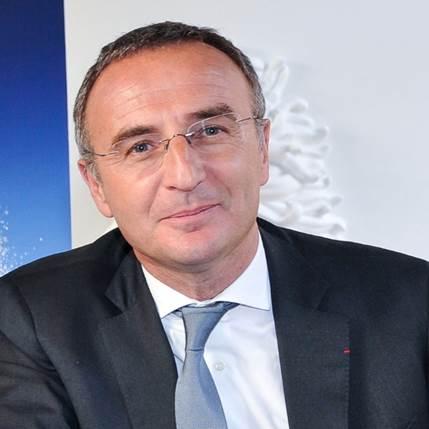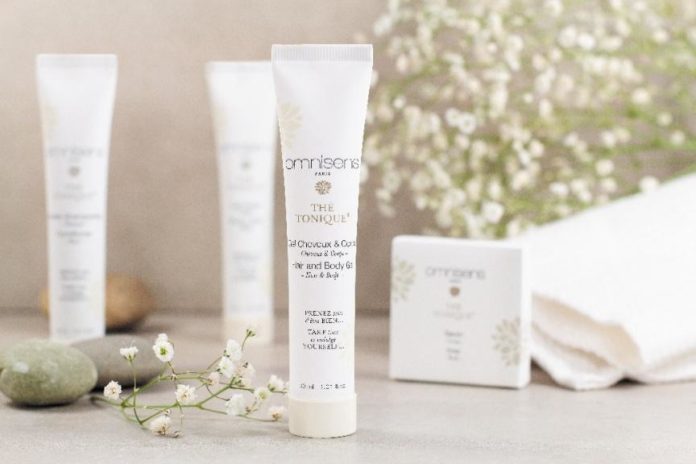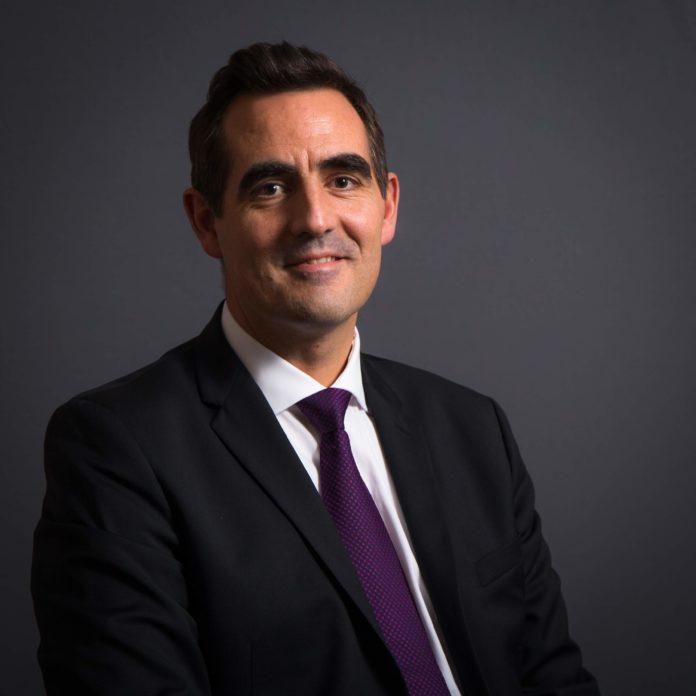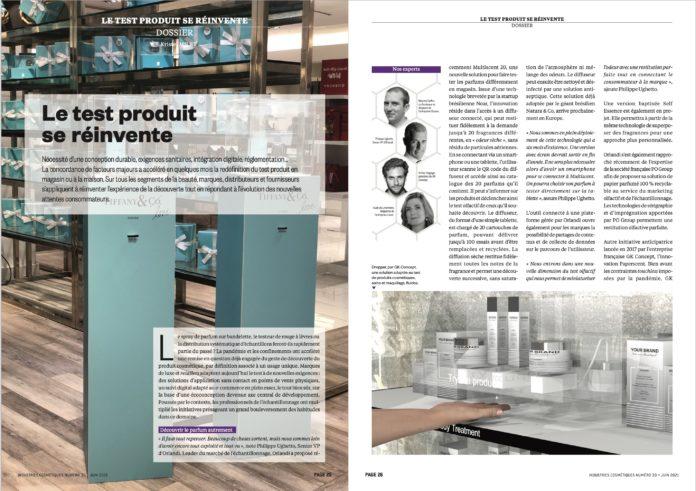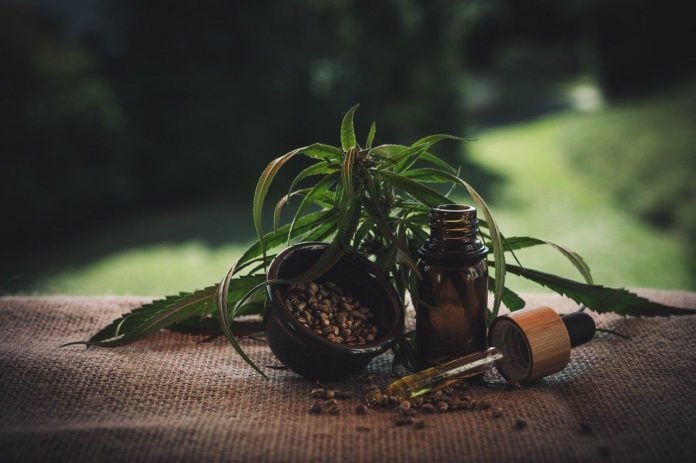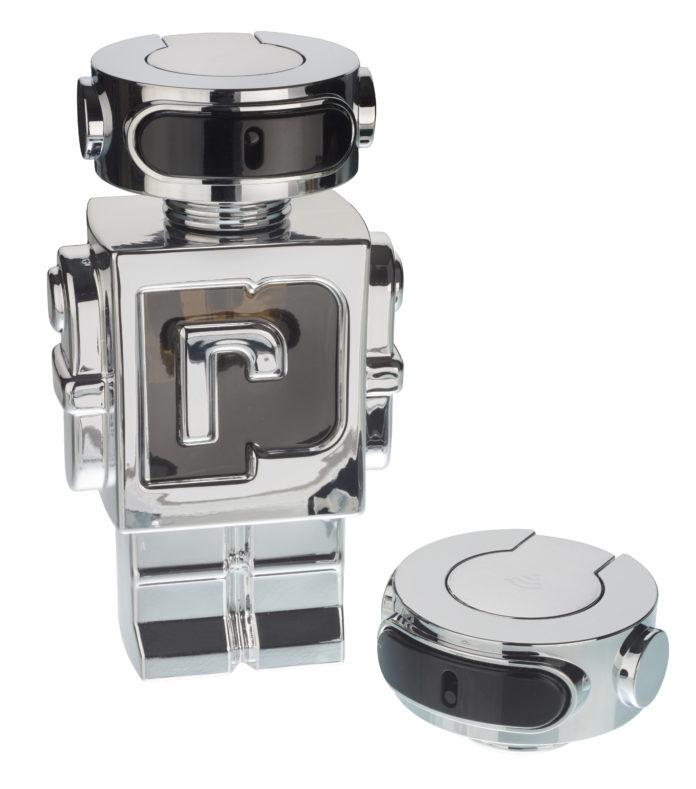More than 120 participants gathered on July 1, 2021 to attend the 2e technical day of the year, organized by the Innov'Alliance cluster and devoted to hemp and cannabinoids. At the Palais des papes in Avignon, a succession of experts and interprofessions discussed this highly topical, high-stakes subject.
Marion Pillot and Marion Segui, the cluster's project managers, opened the day's proceedings by outlining the main themes of the event. Frédéric Favrot, Managing Director of Koppert France, then pointed out that "the Innov'Alliance cluster had a duty to take the lead in this area.
A varied lecture series
Sponsored by Koppert France, Ledeven, Richel Group, Robertet Group, Vegetal Grox Development and our distribution partners ABC Chanvre and Cosmed, the day was organized around four main themes.
The morning session focused on "Varietal selection" and "Hemp and Cannabis production". The afternoon focused on "Extraction of molecules of interest and scientific rationalization of mechanisms of action" and "Application: challenges and development of innovative products".
A call for hemp project ideas
Echoing the enthusiasm generated by this technical day, Innov'Alliance is launching a call for project ideas around hemp, for which the cluster is inviting all interested parties to come forward before September 30, 2021.
The aim is to encourage the emergence of innovative projects based on hemp and cannabinoids across the entire value chain, from raw materials to finished products, in the agricultural, cosmetics, nutraceutical and food sectors. The aim is to encourage initiatives that promote sustainable innovation in the targeted sectors, and help develop a new range of ingredients, finished products, technologies and services in response to consumer expectations.
"Cannabidiol (CBD), hemp's flagship molecule, is gaining increasing interest among the French population for its many properties. Despite the legislative grey areas that remain in this sector, the development of cosmetics, food, nutraceuticals and wellness products containing CBD or its derivatives is today an area of innovation with high stakes (production, efficacy, analysis, quality monitoring, traceability, etc.)", says Innov'Alliance.
According to the Union des Industriels pour la valorisation des extraits de chanvre (UIVEC), the market for hemp extracts in France is estimated to be worth 700 million euros in the first year in the event of regulatory changes concerning CBD-containing products.
Find out more about the call for ideas :
https://pole-innovalliance.com/categorie-fr/actualites/projets/appel-a-idees-de-projets-autour-du-chanvre-faites-nous-part-de-vos-innovations
The theme of Innov'Alliance's next day of conferences is: "Food preservation & cosmetics: similarities and levers for improvement". Join us on September 30 in Lyon! Although the two sectors have neither the same challenges nor the same products, they are currently working in parallel to improve preservation, and could be a source of inspiration for each other. The objectives of this day will be to identify the various challenges and solutions for improving preservation, and to enable the transfer of technologies and skills between the food and cosmetics sectors.
Find out more about the next day of conferences:
https://pole-innovalliance.com/events/journee-conservation




